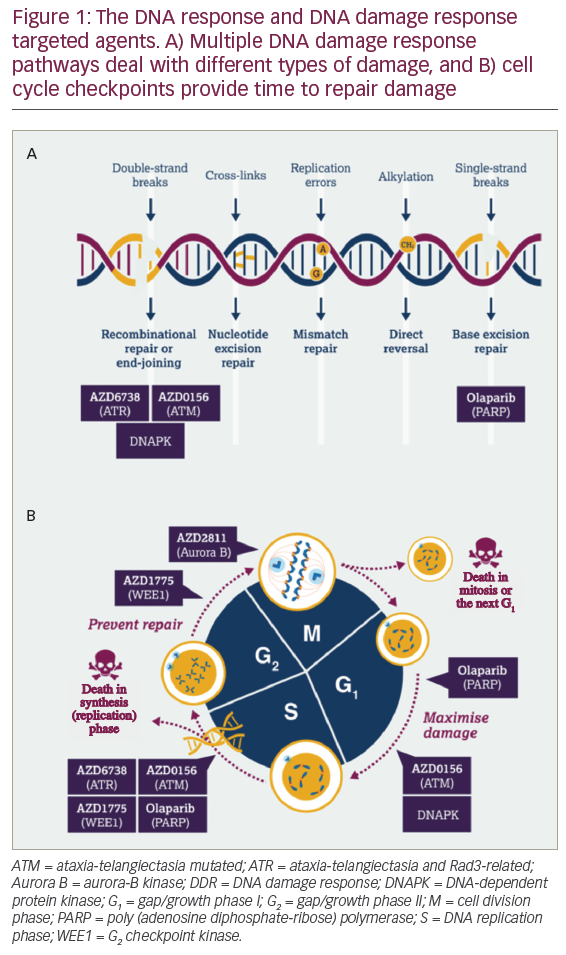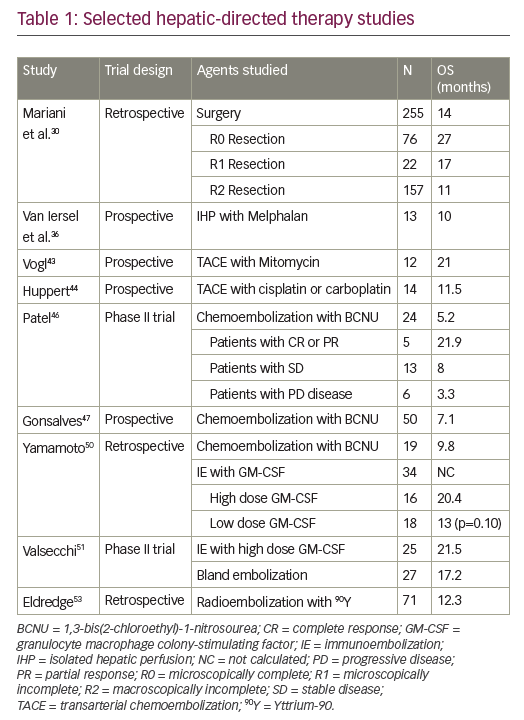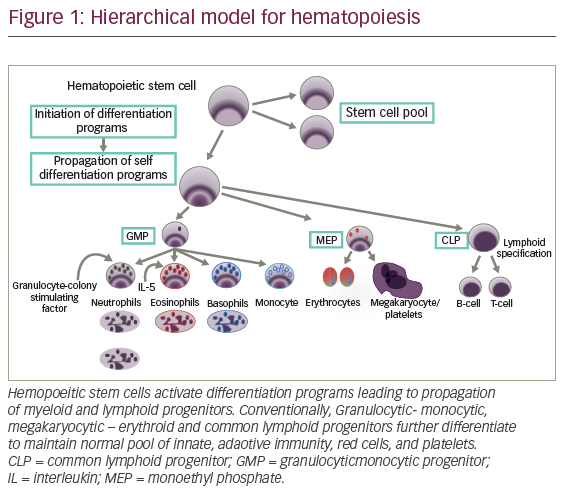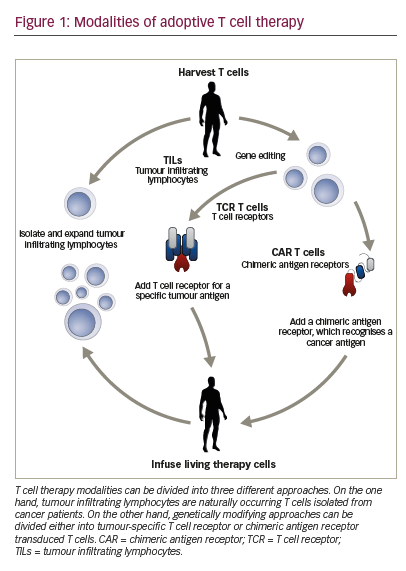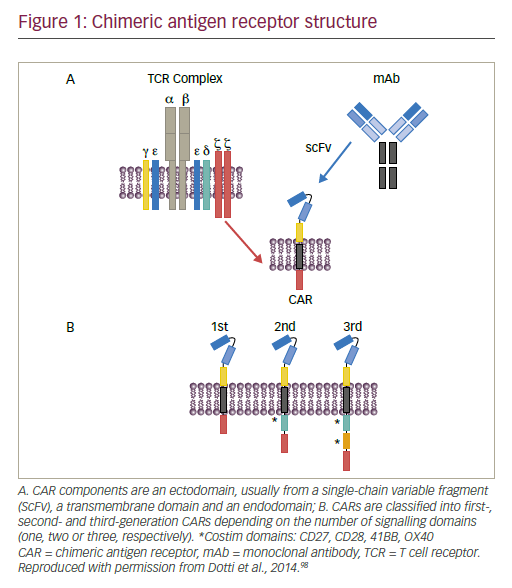Q. What are the main aims of the American Association for Cancer Research (AACR)?
The AACR as an organization aims to promote cancer research worldwide. We are the oldest cancer research-focused association in the US, having just celebrated our 110th anniversary this past year. AACR offers a variety of cancer-focused meetings throughout the year and cooperates with European and Asian cancer associations to offer meetings in the US and in other countries around the world. We also have several peer-reviewed journals that publish cancer research and breakthrough science. AACR promotes women and minority cancer science and organizes various networking events to promote young investigators in cancer research at all our meetings, including a significant focus during the annual meeting. We have over 40,000 members internationally.
Q. What do you anticipate to be the major challenges of your role as president of the AACR?
I think the biggest challenge is to continue expanding the impact of our organization on cancer research at basic and translational levels, and assuring that our efforts and impact are understood and appreciated. We have many ways to provide impact, including lobbying in Washington DC and promoting international focus on cancer research, its accomplishments and its impact on survivorship, prevention, treatment, and outcomes. In particular, I will focus on treatment and outcomes in our adolescent and young adult (AYA) and pediatric cancer patients, including aspects of survivorship which are critically important in this population of cancer survivors.
Q. What have been the most exciting developments in the genomic characterization of cancer in the past year?
I think the most excitement generally in genomic studies of cancer is the emergence of methods that meld together or integrate data from DNA, RNA and protein-based characterizations, invoking a more comprehensive picture of cancer as a system. There will be aspects of so-called cancer systems biology presented at our annual meeting in April, to exemplify the progress that is being made. In essence, these types of comprehensive characterization are needed to better understand how cancer treatments impact the 'system' and might achieve best responses in patients. Another emerging area is the use of genomics to characterize the microenvironment of the tumor, focused in particular on how the changing landscape of immune cells in the microenvironment are influenced by treatments, especially immunotherapies. Several plenary and major symposium talks at the annual meeting will focus on what we are learning from these studies, including the impact of single cell gene expression studies on our understanding of these changes.
Q. What are the major unmet needs in personalized cancer medicine?
I think one unmet need is access to these genomic tests that can help identify patients likely to respond to specific therapies. We also are slowly but surely building a case for the clinical benefit of precision diagnostics that will help to gain insurance reimbursement for the testing. In particular, it will be great to see these diagnostic tests pointed at more of our AYA and pediatric patients, which is beginning to happen.
Q. What do you expect to be the key themes of the AACR annual meeting?
Key themes include the impact of technology on cancer research and clinical translation, especially a focus on how aspects of other disciplines – engineering, physics, mathematics, and computer science – are radically changing how we do our research and how we apply our discoveries to patient care. It is a tremendously exciting time in this field, and our annual meeting content aims to address newest developments from survivorship, prevention, early detection through diagnosis, treatment and outcomes. We are also especially focused on health disparities and how best to ensure every cancer patient has access to new treatments and procedures.








